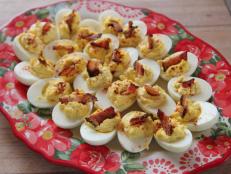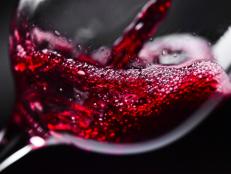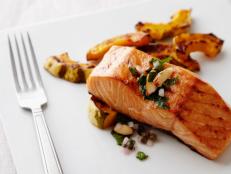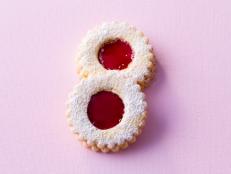Nutrition News: Coke-Funded Group’s Demise, Bite Counting and Portion Reduction
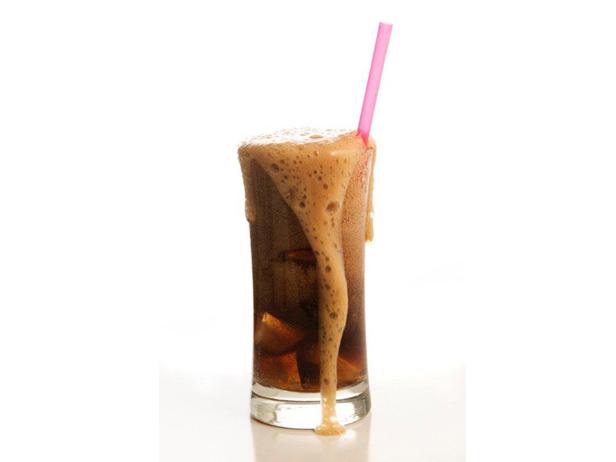
That didn’t take long. The Global Energy Balance Network, a nonprofit organization that played down the role of calories from food and beverages in the obesity epidemic (and which, a New York Times expose revealed in August, was funded by Coca-Cola), announced last week that it would shutter immediately “due to resource limitations.” In November, the University of Colorado, where the organization’s leader is a professor, said it would return a $1 million donation from Coca-Cola, while the University of South Carolina, where another of the group’s leaders is on the faculty, says it plans to keep a $500,000 donation from the beverage giant. The announcement came only days after Coke’s chief science and health officer, Rhona S. Applebaum, who helped orchestrate the Global Energy Balance Network’s establishment, announced her retirement.
Worried about how you’re going to keep off the holiday pounds? You might try bite counting. A recent study suggests that, by heeding every bite of food or gulp of drink, we can maintain or even lose weight. The study, led by Brigham Young University associate professor of health sciences Josh West, found that when people first established their average daily bites of food or swallows of beverage (except water) and then sought to reduce their daily bites by 20 or 30 percent, they lost about 3.5 pounds in the first month. Of course, basic nutrition is also important, West told The New York Times, recommending that bite counters should focus on consuming mostly fruits, vegetables and lean proteins. “Fewer bites won’t help you lose weight,” he told the Times, “if every one of those bites is dessert.”
























